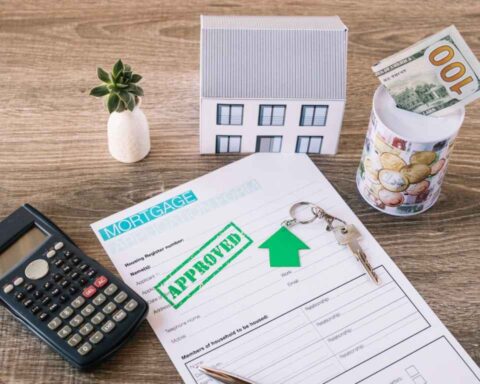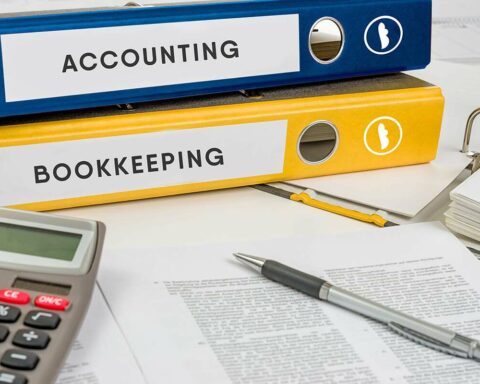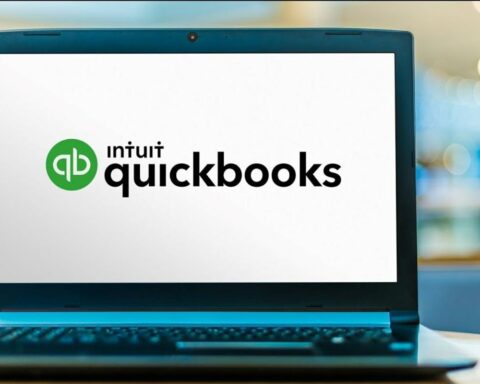Creating a home budget is an essential step towards financial stability and achieving your financial goals.
Whether you’re aiming to save for a dream vacation, buy a house, or simply manage your finances better, a budget provides a roadmap for success.
Importance of Budgeting in the UK
In the UK, where the cost of living continues to rise, budgeting is more crucial than ever.
With inflation, housing costs, and other expenses increasing, having a solid budget in place can help individuals and families navigate financial challenges and ensure a secure future.
What is Money Management?
Monetary management refers to the budgeting, saving, investing, spending, or capital usage of an individual or group.
The term refers to investment management and portfolio management. Consumers have a massive range of resources and applications to manage their finances individually.
If the investor increases their net worth, they get the service of financial advisors for professional money management. The financial advisor is mostly associated with private banking and brokerage services.
Home Budget for Better Money Management:
Your budget is the initial plan for all your hard-earned money. It is based on your choice and the priorities you identify.
Home Budget UK is usually done in a step-by-step process. Once you do proper planning, where your budget is a solid foundation, you can manage your current income and expenses and plan accordingly.
Create a budget that works well with your lifestyle and your spending habits.
You should see a budget that encourages better habits like cooking at home rather than buying outside. This is one of the important ways that money management works in the home budget UK.
6 Tps for a Better Home Budget:

Following a budget can help keep you out of debt or help you to pay off all your debts. It can also allow you to spend money on recreational activities.
Create a budget that should fit all your needs within your limits while saving for your diverse needs. You can choose numerous budgeting options based on your goals and living expenses.
Many applications keep tracking your spending, which helps to stay within your budget. The six important steps for creating a home budget in the UK are listed below:
- Calculate your net income
- Track your spending
- Set realistic goals
- Plan
- Adjust your spending to stay on budget
- Review your budget regularly
Calculate your net income:
The first initial step for starting a budget is analyzing and finding how much money you make. Calculate your net income after the tax take-home pay, your final.
You should include all your sources of income like a full-time job, freelance work, any part-time job, or any other source of income that you are receiving.
It also includes income from the rental properties or dividends. After gathering all the income details, it is used to divide your net income into the monthly income to prepare a more accurate budget.
A budget will help you plan all your expenses correctly without crossing financial boundaries. Always as the clear analyses of the expenses and the income.
Track your spending
Suppose you want to know your overall spending habits. You should take the step of doing some financial forensics for yourself.
When your analysis, finds that you are spending more, try to reduce your unnecessary monthly expenses.
Take details of all your expenses in the credit card statements, housing and utility bills, and bank statements, including your ATM withdrawal and electronic payment records.
You can calculate your monthly expenses in an Excel sheet or a traditional method of using pen and paper.
You should separate the expenses into categories and try to find where the bulk amount goes. From the next month try to reduce the bulk amount of spending.
Set realistic goals:
Setting a goal will surely determine your success in planning and help to keep your budget accurate. Always try to set the right financial goal. Money becomes useless unless you do not know how to spend it right away.
Plan what you want to do with the money and how you should spend it. It would help if you determined the short-term and long-term goals you want to achieve. Short-term goals like buying a car and saving for a vacation usually take a year or less.
The long-term goal should be saving for retirement or your child’s college education. These goals usually take many years to accomplish. Identify your goals which makes it easier to follow your budget.
Decide a Plan:
You know how much you are earning and how much you spend. Stick a plan according to it. The best financial plan aligns with your priorities and with your spending habits.
If you find spending money on a gym membership, or yoga class necessary, you do not need to cut it. There are two types of planning systems:
- Envelope system
- Zero-based budget
Envelope system
The envelope system is the best strategy for beginners as it only allocates a month’s wages and spending at a time. With this strategy, you may take a few envelopes and write what you plan to buy.
Some planned items are groceries, rent, and a few other expenses. Put the money in the envelope you want to spend on each expense. On the outer side of the envelope, write what type of expense you are doing.
Zero-based budget:
It is the same as the envelope system. If you have some money left after all the expenses, you can assign the money to the next month’s budget plan or any other category of expenses.
Adjust your spending to stay on budget:
Once you finish analyzing your income and expenses, consider adjusting your spending, which helps to stay within the budget. There are many ways to reduce or eliminate unnecessary spending in a budget.
For example:
Suppose you buy a coffee five days a week where you are spending £2 per coffee.
For a week, you spend £14, and for a year, you are likely to spend more than £500. If you stop buying coffee from the outside, you can put that money towards your financial goal.
Review your budget regularly:
You should always review your budget regularly, which helps you manage your spending habits, boost your savings, and progress toward your long-term financial goals.
A budget review is a vital component when creating a home budget.
FAQs
- How often should I review my budget?
- It’s recommended to review your budget monthly to track your expenses and make any necessary adjustments.
- What if my income fluctuates from month to month?
- If your income varies, consider using an average or minimum monthly income when creating your budget, and adjust as needed.
- Are there any free budgeting tools available?
- Yes, many budgeting tools and apps offer free versions with basic features, such as Mint, YNAB, and Personal Capital.
- What should I do if I overspend in a particular category?
- If you overspend in a specific category, reassess your budget and look for areas where you can cut back to compensate for the overspending.
- How can I stay motivated to stick to my budget long-term?
- Set achievable goals, celebrate small victories, and remind yourself of the long-term benefits of sticking to your budget.
Conclusion:
You are creating a home budget UK which helps to create financial stability. By tracking the expenses and following the plan, the budget will make it easier to pay the bills on time.
Save for your major expenses like buying a car or home and try to build an emergency fund. The overall budget analysis puts a person on a stronger financial footing for the day-to-day and the long term.









